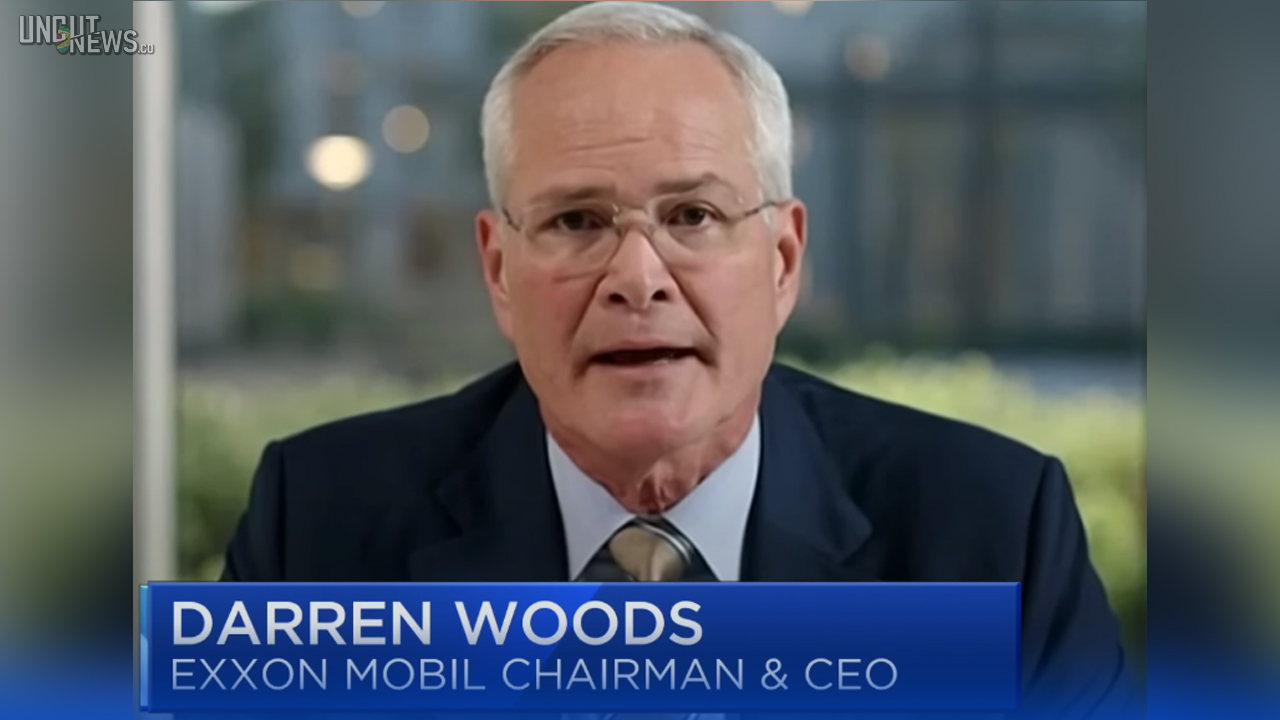
New ExxonMobil Controversy Raises Concerns for Guyana’s Developing Oil and Gas Sector
April 19, 2024 | Guyana Uncut News | Georgetown
A recent controversy surrounding ExxonMobil’s treatment of shareholders has sparked concerns about the implications for Guyana’s developing oil and gas sector. The company’s lawsuit against two shareholders, ‘Arjuna Capital’ and ‘Follow This’, has raised questions about its commitment to transparency, accountability, and environmental responsibility.
Two long-time shareholders of ExxonMobil, Westpath Benefits and Investments and Mercy Investment Services Inc, are calling on investors to vote against the re-election of CEO Darren Woods and Lead Independent Director Joseph Hooley at the company’s upcoming Annual Meeting on May 29, 2024.
As Guyana’s largest oil producer, ExxonMobil’s actions have a direct impact on our economy, environment, and communities. The company’s decision to sue shareholders who were seeking to improve its climate risk management has raised eyebrows and sparked questions about its priorities.
Will ExxonMobil prioritize profits over people and the planet? The lawsuit has raised concerns about the company’s willingness to listen to local communities and stakeholders. If ExxonMobil is not transparent and accountable, it could lead to increased tensions and conflicts, which could have long-term consequences for the company’s operations in Guyana.
Guyana’s revenue projections are also at stake. ExxonMobil’s lawsuit has sparked concerns about its ability to manage climate risk, which could lead to environmental disasters and delays in oil production. This could impact the government’s revenue projections and development plans, putting the country’s economic growth at risk.
The controversy also raises questions about the government’s ability to regulate the oil and gas sector effectively. If ExxonMobil is allowed to operate without accountability, it could set a dangerous precedent for other companies operating in Guyana. This could lead to a lack of transparency and accountability across the sector, putting the country’s environment and communities at risk.
The lawsuit also has implications for Guyana’s local content development. If ExxonMobil is not transparent and accountable, it may be more challenging for local businesses and communities to benefit from the oil and gas sector. This could lead to a lack of economic benefits for Guyanese citizens, exacerbating poverty and inequality.
Ultimately, this development surrounding ExxonMobil’s actions is a wake-up call for the government to prioritize transparency, accountability, and environmental responsibility in our oil and gas sector. We must ensure that the sector benefits its citizens and does not come at the expense of its environment and communities.













